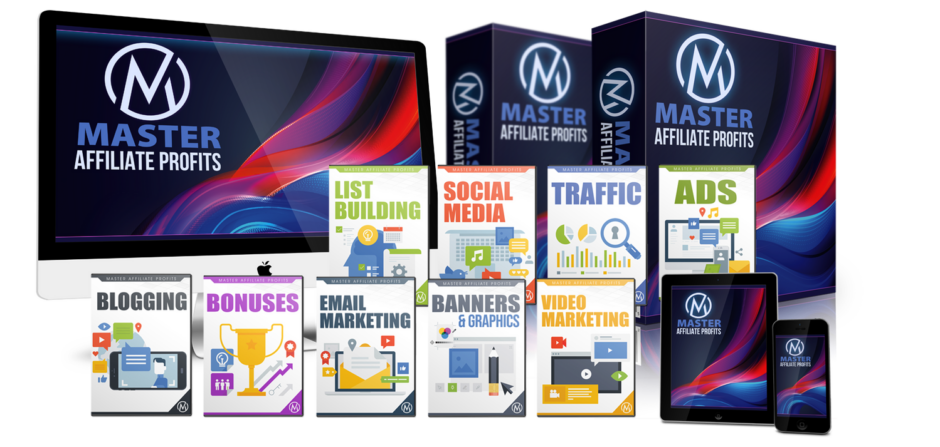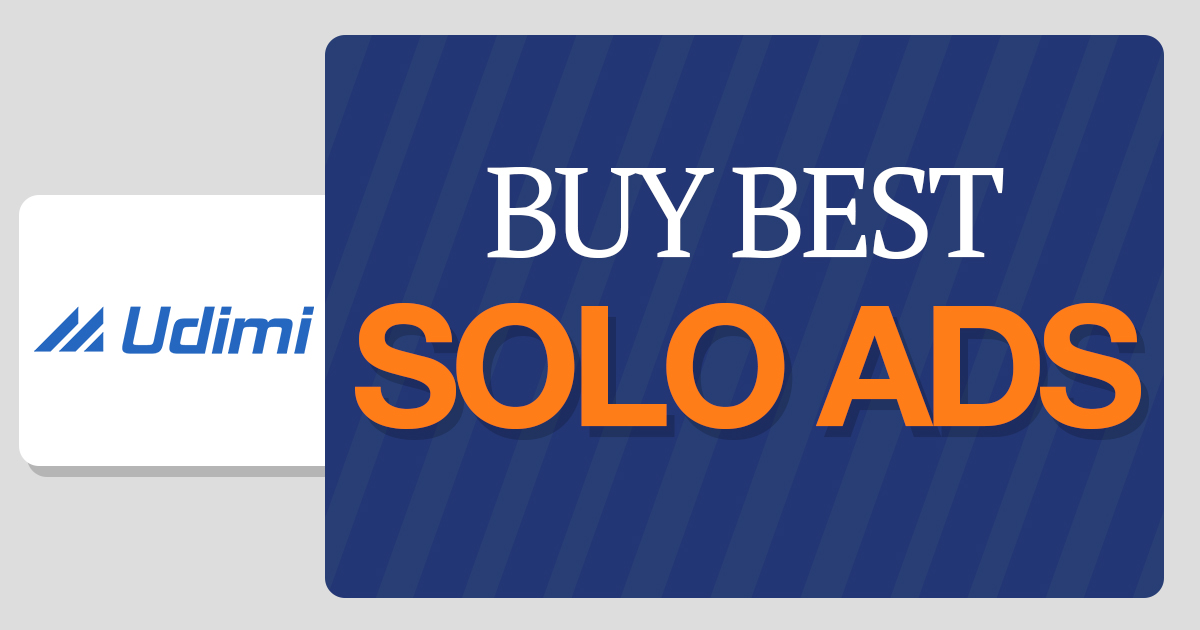Facebook remains one of the most powerful social media platforms in the world, with over 2.9 billion monthly active users as of 2024. For businesses, marketers, and entrepreneurs, Facebook marketing offers unparalleled opportunities to connect with a global audience. From building brand awareness to generating leads and sales, Facebook marketing has evolved into an essential tool in every digital marketer’s toolkit.
In this blog post, we’ll explore the key strategies, tools, and best practices for successful Facebook marketing in 2024. Whether you’re just getting started or looking to refine your existing strategy, this guide has you covered.
1. Understanding the Power of Facebook Marketing
Before diving into the tactics, it’s important to understand why Facebook is such a valuable platform for marketing.
Reach and Engagement
Facebook’s enormous user base means your business has the potential to reach a vast audience. Whether your target market is local or global, Facebook allows you to segment and target specific groups with precision. With features like Facebook Groups and Facebook Messenger, brands can also foster more personalized, engaging interactions with their audience.
Advanced Targeting Options
Facebook offers some of the most advanced targeting options of any advertising platform. You can target based on demographics, interests, behavior, location, and even job titles. The Facebook Pixel, which tracks website visitors, allows you to create custom audiences, enhancing your ability to retarget users who have interacted with your brand.
Versatility of Ad Formats
Facebook offers a variety of ad formats, including photo ads, video ads, carousel ads, slideshow ads, and more. These different formats enable brands to experiment with creative content and find the best way to engage their audience. The dynamic nature of Facebook Ads means you can tailor your messaging to suit your campaign’s objective.
2. Creating a Successful Facebook Marketing Strategy
To make the most out of Facebook marketing, you need a solid strategy in place. Here’s a step-by-step breakdown of how to build one:
Step 1: Set Clear Goals
What do you want to achieve with your Facebook marketing efforts? Common goals include:
- Brand Awareness: Introduce your brand to a wider audience.
- Lead Generation: Collect contact details of potential customers.
- Website Traffic: Drive visitors to your website.
- Sales and Conversions: Encourage users to make a purchase or sign up for a service.
Each goal requires a different approach, so it’s essential to define clear objectives before proceeding.
Step 2: Know Your Audience
Understanding your target audience is crucial to crafting effective content. Facebook’s Insights tool provides valuable data about who is engaging with your page, which can help refine your marketing strategy. You can also use Facebook Audience Insights to dive deeper into user demographics, interests, and behaviors, giving you the knowledge needed to personalize your content.
Step 3: Choose the Right Content Types
Different types of content work better for different objectives. For example:
- Video Content is ideal for brand awareness and storytelling.
- Carousel Ads are great for showcasing multiple products or services.
- Interactive Content like polls or quizzes can drive engagement and collect valuable data.
- Live Videos are perfect for real-time interaction with your audience.
Keep in mind that Facebook prioritizes content that generates meaningful interactions. Focus on creating engaging, shareable content that will resonate with your target audience.
Step 4: Allocate Your Budget
Facebook’s advertising platform allows you to set a budget that aligns with your goals. Whether you choose a daily or lifetime budget, ensure that your spend is proportionate to the results you’re expecting. The beauty of Facebook advertising is that you can adjust your budget in real-time depending on performance.
3. Maximizing Organic Reach on Facebook
While Facebook Ads are a great way to amplify your reach, organic reach should not be overlooked. Building a strong organic presence can help you engage with your audience without additional costs. Here are some tips to enhance your organic reach:
Consistent and High-Quality Content
Post regularly to keep your audience engaged, but don’t sacrifice quality for quantity. Posts that evoke emotion or encourage interaction (such as likes, shares, or comments) are more likely to be seen in users’ news feeds. Content that informs, entertains, or solves problems is highly shareable.
Leverage Facebook Groups
Facebook Groups are an excellent way to connect with like-minded individuals. By creating or joining groups related to your industry, you can build a community, engage in conversations, and establish yourself as an authority in your niche.
Encourage User-Generated Content (UGC)
User-generated content (UGC) can be a powerful driver of social proof. Encourage your followers to share their experiences with your brand by creating hashtag campaigns or running contests. UGC helps build trust and showcases your brand in a real-world context.
Post at the Right Times
Timing is key when it comes to organic reach. Use Facebook Insights to determine when your audience is most active and schedule posts accordingly. While the best time to post may vary based on your audience, consistency and timing can significantly impact the success of your posts.
4. Facebook Ads: A Deep Dive
Facebook Ads provide a range of advanced features to help you reach your specific marketing objectives. Here’s how you can take full advantage of Facebook Ads:
Choosing the Right Campaign Objective
Facebook’s Ads Manager offers multiple campaign objectives, such as brand awareness, lead generation, and conversions. Your objective should guide the type of ad you create and the targeting options you select.
Crafting Compelling Ads
To maximize the effectiveness of your Facebook Ads, your creative needs to grab attention immediately. Ensure that your visuals are high-quality, your copy is concise and clear, and your call-to-action (CTA) is compelling.
Audience Targeting
Facebook offers powerful targeting options, including:
- Custom Audiences: Target users who have already interacted with your business.
- Lookalike Audiences: Reach new people who share similarities with your best customers.
- Retargeting: Show ads to users who have visited your website or engaged with your Facebook page.
Ad Placement and Budgeting
Facebook provides a variety of ad placements, including the News Feed, Stories, Marketplace, and more. Choose placements that align with your content type. With flexible budgeting options, you can adjust your campaign to fit your business’s financial situation while optimizing for the best results.
Testing and Optimization
A/B testing is essential for refining your ads. Test different images, copy, and CTAs to see what resonates with your audience. Facebook’s algorithm will optimize your ad delivery based on what is performing best.
5. Analyzing Results and Making Data-Driven Decisions
One of the key advantages of Facebook marketing is the ability to track and measure performance. Facebook Insights and Ads Manager provide detailed analytics on reach, engagement, conversions, and more. Regularly monitoring these metrics allows you to:
- Evaluate the effectiveness of your ads.
- Adjust your strategy based on data.
- Improve your return on investment (ROI) over time.
6. Trends to Watch in 2024
Facebook marketing continues to evolve. Here are a few trends to keep an eye on:
- AI-Powered Ads: Facebook is increasingly using AI to improve targeting and ad optimization. Expect more automated and intelligent ad delivery.
- Video Content Dominance: Short-form videos, such as Facebook Stories and Reels, are becoming more popular. These formats are highly engaging and have great potential for driving organic reach.
- E-commerce Integration: Facebook Shops and the integration of shopping features will continue to play a significant role in helping brands sell directly from the platform.
Conclusion
Facebook marketing is more than just a trend; it’s an integral part of any digital marketing strategy. Understanding your audience, setting clear goals, and using the right tools can create compelling Facebook campaigns that drive real results. Stay up-to-date with the latest trends, test different approaches, and continually refine your strategy to maintain success in this dynamic platform. With the right mix of organic efforts and paid ads, Facebook can help you build a loyal customer base and grow your business. This site may contain links to affiliate websites, and we receive an affiliate commission for any purchases made by you on the affiliate website using such links. Check Out Master Affiliate Profits Here: https://fredsmarketing.com/map



